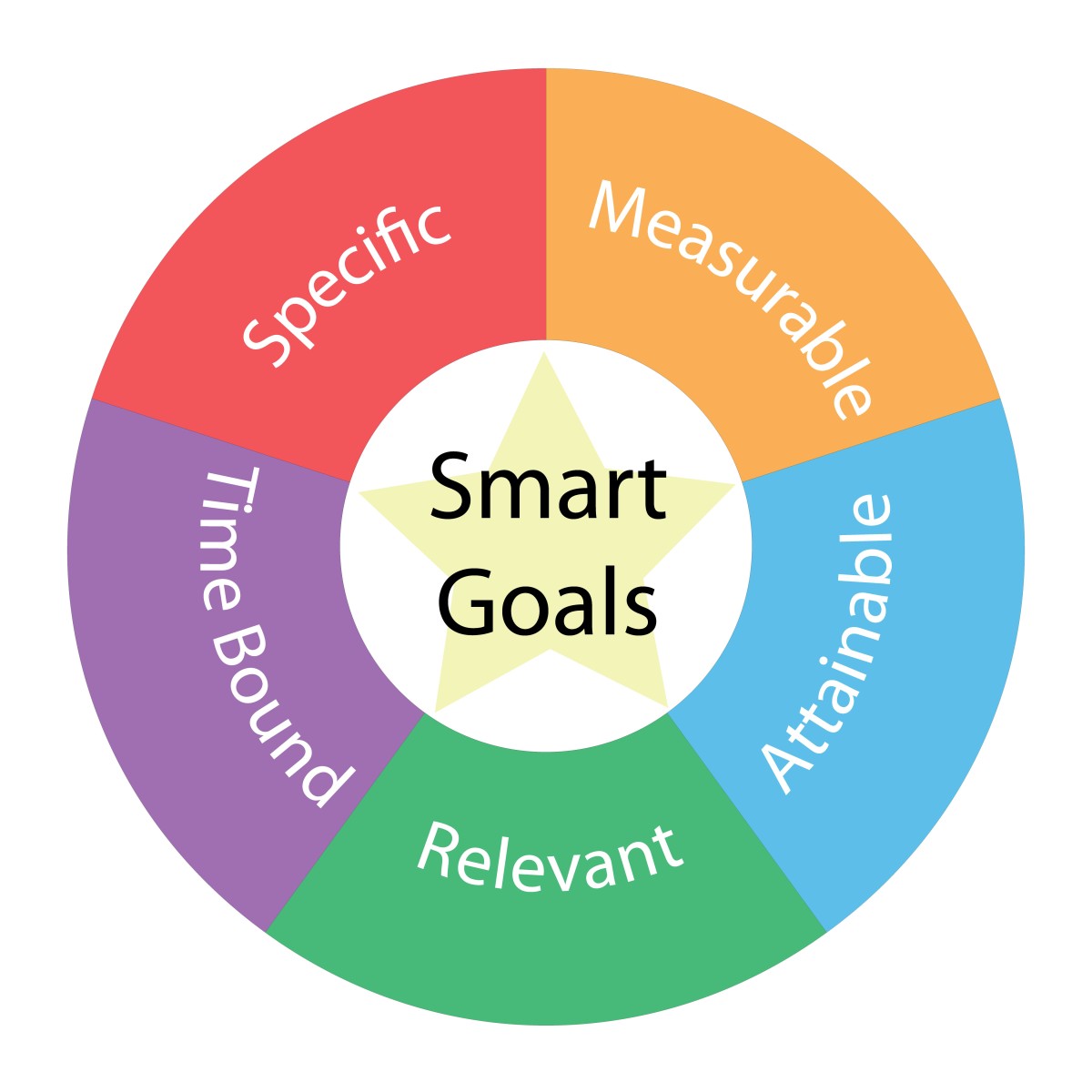Looking for methods to improve performance in learning Japanese or even other languages? In this article we will learn about SMART goals, a method that focuses on establishing clear and achievable objectives, which can be applied in any area.
Although it is not a Japanese method, its effectiveness and principles can help us learn Japanese, improve our business performance and also achieve goals like living in Japan.
We also recommend reading:
- Kaizen - Learn about the method and how to apply it
- Konmari – 13 tips from the famous Japanese organization method
- What is the Kanban Method?
Índice de Conteúdo
What are SMART Goals?
SMART goals are an effective method of setting clear and achievable goals for any area of life, including language and Japanese language learning.
The acronym SMART stands for Specific, Measurable, Achievable, Relevant, and Time-bound. By setting SMART Japanese learning goals, students can increase their motivation and track their progress more efficiently.
By setting SMART goals in learning Japanese, students can focus on clear and achievable goals, which can increase motivation, engagement and ultimately lead to faster progress in language mastery.

Goals are categorized under each letter of the alphabet, which are:
Specific
Set clear, well-defined goals that describe exactly what you want to achieve in learning Japanese. For example, instead of setting a generic goal like “improve my Japanese”, set something more specific like “learn 10 new kanji a week” or “practice conversational Japanese for 30 minutes every day”.
Measurable (Measurable)
Goals should be quantifiable so that you can track your progress and know when you've reached your goal. For example, “complete a Japanese language course in six months” or “achieve Level N3 on the JLPT (Japanese Language Proficiency Test) next year” are measurable goals.
Achievable (Achievable)
Set realistic goals that take into account your resources, abilities, and limitations. While it's important to challenge yourself, unattainable goals can lead to frustration and demotivation. For example, if you are a beginner in Japanese, it may not be reasonable to expect full fluency in one year.
Relevant)
Set goals that align with your needs, interests, and overall Japanese learning goals. For example, if you plan to travel to Japan in the next year, a relevant goal would be “to learn useful Japanese phrases and expressions for travelers”.
Timebound (Timed)
Set specific deadlines for achieving your goals to maintain motivation and a sense of urgency. For example, setting a goal of “be able to read a book in Japanese within three months” or “join a Japanese conversation group within the next two weeks” provides a clear time frame for progress.

Origin and History of Smart Goals
The origin of SMART goals dates back to the 1980s and is often attributed to George T. Doran, a management consultant and former corporate director of the Washington Water Power Company.
Doran published an article entitled "There's a S.M.A.R.T. Way to Write Management's Goals and Objectives" in the Management Review magazine in 1981.
In this article, Doran introduced the concept of SMART goals as a tool to improve the formulation and achievement of objectives in business management.
While the idea of SMART goals was originally conceived in the context of business management, the concept quickly spread to other areas such as personal development, education and language learning. Over the years, the SMART acronym has gone through some variations, but the core principles have remained consistent.

Studies and References
SMART goals have been the subject of numerous studies and research examining their effectiveness in achieving goals and increasing motivation and engagement.
For example, a 2008 study published in the Journal of Management Studies by Gary P. Latham and Edwin A. Locke, two renowned researchers in the field of work and organizational psychology, analyzed the effectiveness of SMART goals and found that setting clear and specific skills, in combination with feedback and self-evaluation, can lead to better performance and job satisfaction.
Another 2006 study conducted by Mark A. Erez and P. Christopher Earley in the Academy of Management Review explored how SMART goals affect individual and team performance, concluding that well-formulated goal setting can significantly improve performance and productivity.
These studies and others provide empirical evidence that SMART goals can be an effective tool in achieving goals, not just in a business context, but also in other areas, including language learning.





